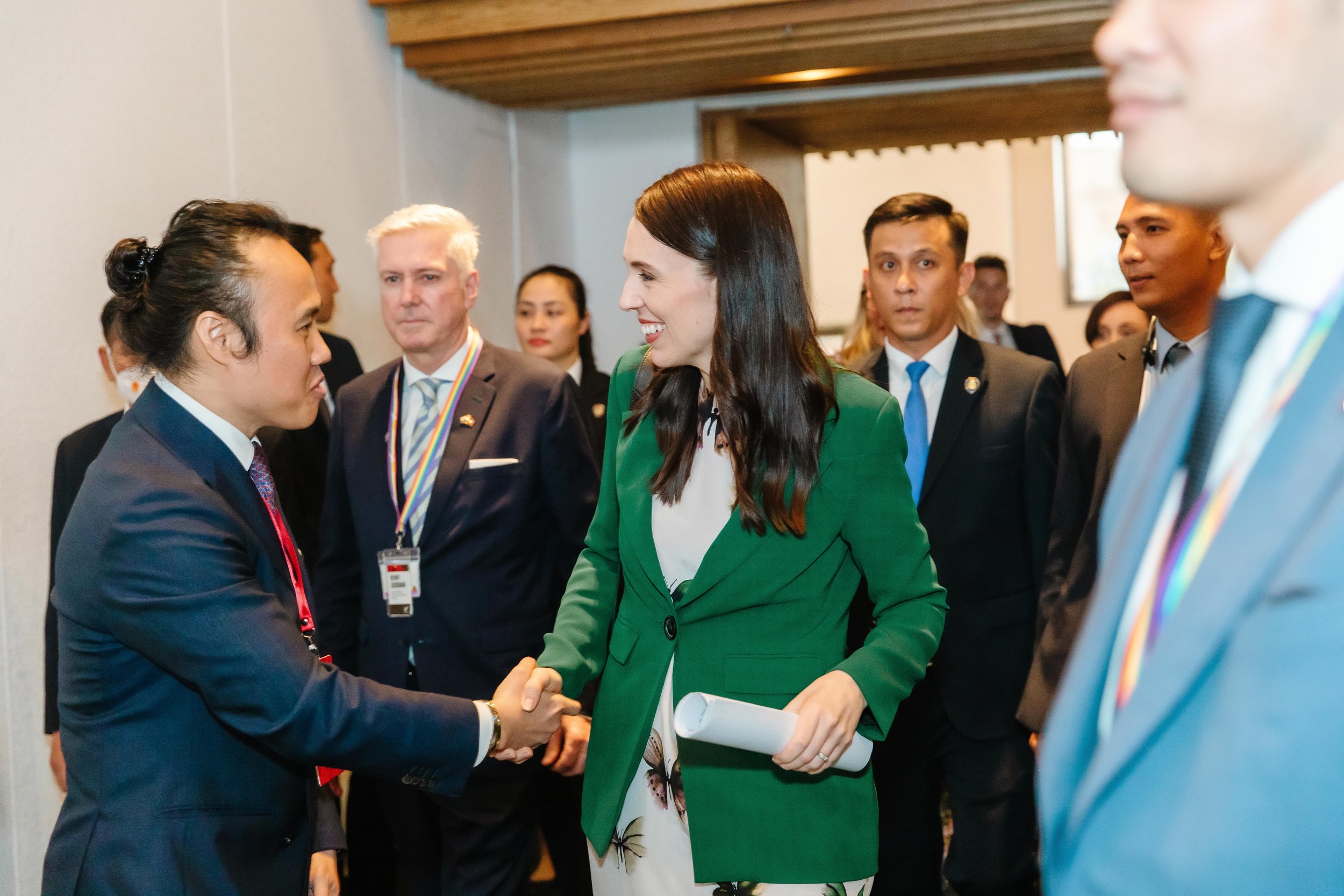What I Still Carry from New Zealand Former Prime Minister Jacinda Ardern — Two Years Later
Two years ago, I sat on stage in Ho Chi Minh City, facing a sitting head of state — Jacinda Ardern, then Prime Minister of New Zealand. We were hosting one of the most successful Forbes Women’s Summit events in Vietnam, and she was our keynote guest.
There was no politics in the room. No press-driven narratives. Just presence.
Everyone came to hear her speak — not because she commanded attention, but because she didn’t need to.
What struck me wasn’t her title. It was her tone. The calm conviction. The unapologetic humanity. In a world full of loud leaders, she made quiet look strong.
1. She Redefined What Power Looks Like
Ardern didn’t dominate the room. She didn’t posture.
But when she said things like, “You can be empathetic and still be strong,” the energy shifted.
In Vietnam and across much of Asia, we still associate leadership with authority, decisiveness, maybe even distance. But she led by closeness — by being emotionally present, by acknowledging complexity, and by listening more than talking.
She reminded all of us — especially those in leadership — that power can look like kindness, and resolve doesn’t require volume.
2. She Made Empathy Scalable
We tend to treat empathy as a soft skill — good for HR, or family, or maybe a speech.
But Ardern scaled it into a governance model.
From the Christchurch mosque shootings to COVID-19, she showed that care and clarity are not mutually exclusive. Her leadership during crisis wasn’t perfect, but it was deeply human. She addressed grief with language that comforted. She handled policy with tone that built trust.
During our interview, she made this point clear: Empathy isn’t weakness. It’s a force multiplier — when practiced with boundaries and accountability.
That framing still resonates today, especially in Vietnam, where many second-generation business leaders are trying to figure out how to lead without mimicking their parents’ style.
3. She Didn’t Need a Spotlight — and That Was the Lesson
What made the interview unforgettable wasn’t a headline quote. It was how she held space.
She wasn’t trying to impress. She wasn’t trying to prove anything.
She simply spoke with clarity, answered questions with reflection, and never drifted into performance.
In the two years since that moment, I’ve sat in many rooms with powerful people. But few carried themselves with that kind of balance — the mix of humility, vision, and self-respect that doesn’t need applause.
And that’s what I still carry:
The idea that real leadership doesn’t ask to be noticed.
It simply shows up — fully, quietly, and on purpose.
Why It Still Matters
Vietnam is in the midst of its own leadership transition — in politics, in business, in culture.
We’re seeing generational shifts, institutional pressures, and rising expectations from talent and society.
The big question is no longer “Who’s in charge?”
It’s “What kind of leader are you trying to become?”
And while that answer will vary, I still think back to that day on stage with Jacinda Ardern.
Because in a country that’s scaling fast — economically, globally, and generationally — we could use more reminders that influence isn’t about command. It’s about connection.
— Cuong Dang
Founder of Resu, Safelane, and Vietnam Vanguard
Originally delivered as part of the Forbes Women’s Summit Vietnam 2022. Reflections written in 2025.

